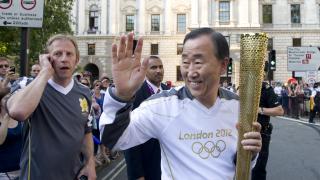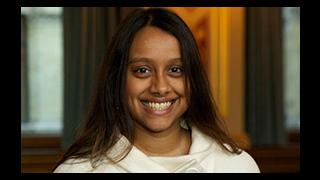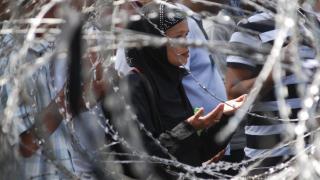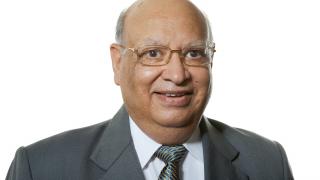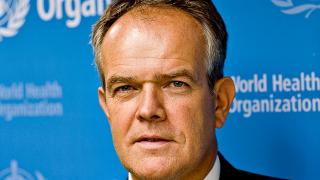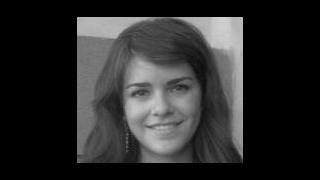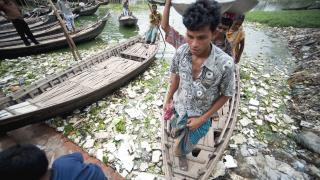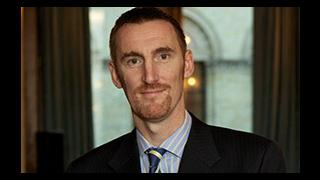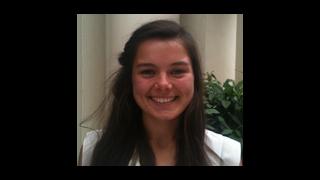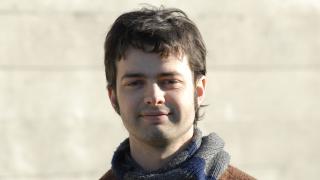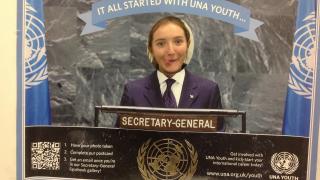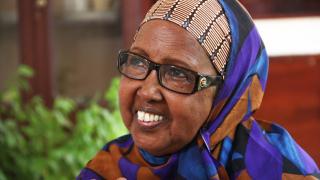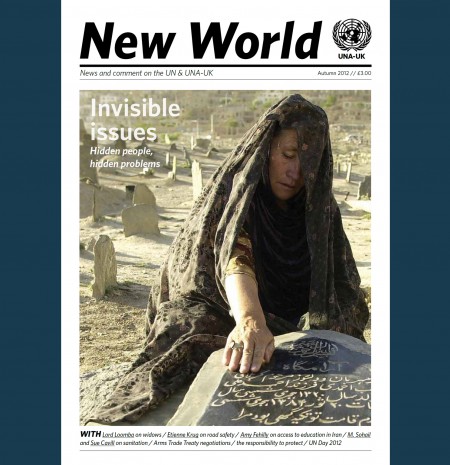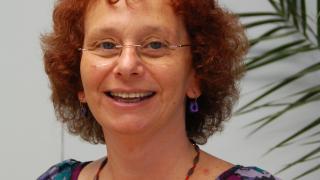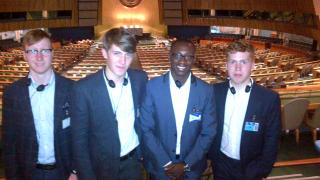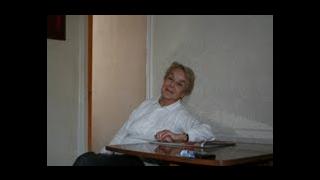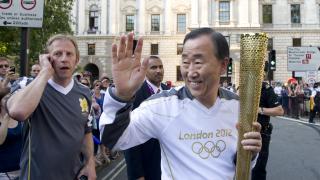
- Tell us a little about your background and how you came to work at United Nations Department for Public Information (UNDPI)?
I had always been interested in international affairs. I studied Political Science in New Orleans and later received an MA in Culture and Communication from New York University. On moving to New York it made sense that I apply to work with the UN. My language skills and diverse work experiences in human rights, AIDS prevention and practical TV and radio administration were appreciated. I was selected for a short-term contract to work on promotion and distribution of UN multimedia products in the lead up to the Millennium Summit and the launch of the MDGs.
- What were your key responsibilities at the UNDPI?
My three-month assignment led to a fulfilling career that spans over ten years in all aspects of external relations and public outreach: from procuring broadcast equipment for the Millennium Summit and the World AIDS Conference to working alongside the UN Spokesperson in Cyprus during the Annan referendum for reunification; from media relations during the Israel-Hezbollah war in 2006 to coordinating award-winning UNTV news productions; from organizing international student conferences with high level speakers to putting together the UN’s flagship policy publication, the UN Chronicle.
- What were the challenges in communicating the work of the UN?
When I worked with the UN Spokesperson in Cyprus it could be challenging to present a balance between the peacekeeping mission’s achievements and the work that still needed to be done. Because the work of the UN is far-reaching and complex, when you convey messages to the public you have to be able to explain which part of the UN you are referring to without drowning them with details.
- How can we support the work of UNDPI and the UN?
UNA-UK already provides a huge amount of support for the work of the UN. When I volunteered during the UN Forum over the summer, I saw first-hand what an important partner the UNA-UK was for the UN and how it filled in for the lack of an official UN Information Centre in London. You can build on already established partnerships and maintain them as UNDPI programmes and staff change. Look for strategic opportunities to collaborate and make your voices heard from across the pond.
- How do you recommend people engage with UNDPI?
You could get involved during a special UN event. For UN Day I volunteered as a UN4U speaker. The DPI programme provided me with information and materials to present at a local school. I was sent to Far Rockaway in Brooklyn, where I presented to over 300 high school students. It was rewarding and served as good public speaking experience. I would suggest contacting the UN Regional Information Centre for Western Europe (UNRIC) in Brussels and registering to participate in a related event.
- What tips do you have for Young Professionals aspiring to work at the UN Secretariat?
I would say keep your options open. The UN System is huge. Working at UN headquarters in New York may be exciting but working in the field can be immensely gratifying. If you are really set on the Secretariat then do your research. Talking to informed staff members is very effective. There are many options available. Find out what each one entails. The most rewarding UN careers combine assignments at headquarters with international field work.
- Tell us about your recent role at London 2012
I was selected to participate as a Games Maker to work on media transport logistics at the International Broadcast Centre and the Main Press Centre in the Olympic Park. Professionally it gave me the opportunity to develop new skills. As a Team Leader I got to supervise highly qualified and experienced volunteers. As a reward, I got to add the world’s largest sports event to my list of international experiences.
- Any London 2012 highlights?
Too many to choose! One of the highlights was going to Beach Volleyball at Whitehall with the London Eye and Big Ben as a backdrop. Meeting athletes and news presenters was fun but it was most inspiring and eye-opening to work during the Paralympics. I met a blind female sports editor and a TV news producer without hands and legs. The part that stayed with me most was taking in the atmosphere while walking through the Olympic Park.
- What was it like being part of volunteerism as a ‘Games Maker’?
I was blown away by the British spirit of volunteerism. My own enthusiasm and sense of duty also took me by surprise whenever I wore the Games Maker uniform. I met some of the kindest and most interesting people from all over London, the UK and the world. It was an intense experience because the Olympic Park seemed to be a global epicentre and the teams of volunteers had to bond quickly in a short period of time.
- How do you see the UN’s role in the Olympic Movement?
While not being overtly political, the London 2012 Games were very successful at integrating UN values and priorities. This was the first time all 193 UN Member States unanimously passed the Olympic Truce Resolution. Gender equality, sustainability and development in depressed urban areas were a big part of the Games. A shared spotlight with the Paralympics raised awareness on integrating people with disabilities into daily life. Hopefully the UN and the Olympics will build on this and forge an even stronger Olympic Truce programme in the future.
This is an extended version of the Young Professionals interview which appears in the printed Autumn 2012 issue of New World.

